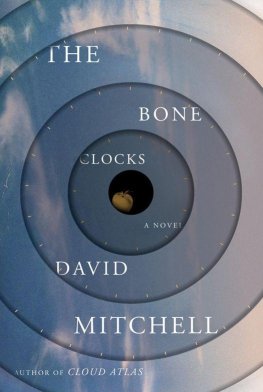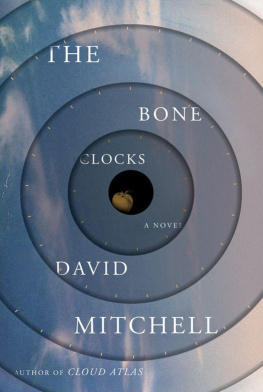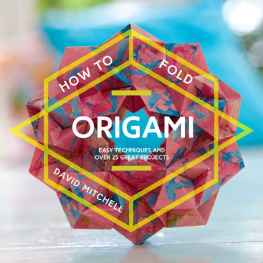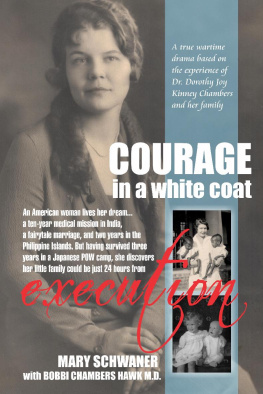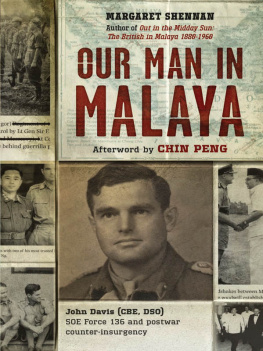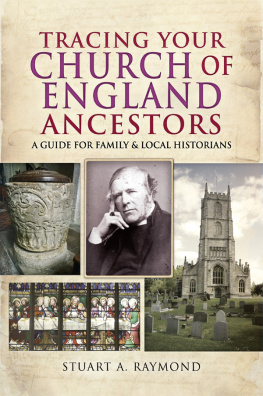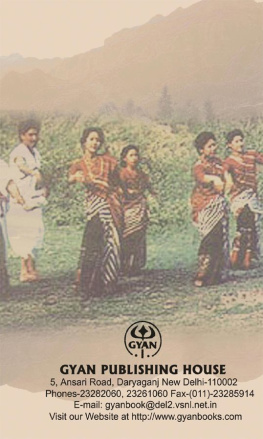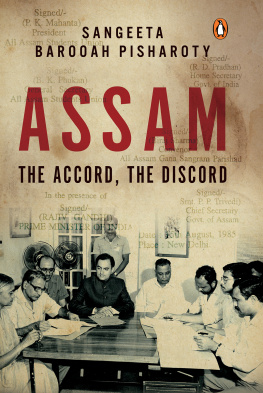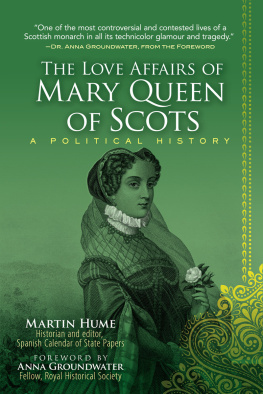The mist of the early morning began to lift as the cluster of mourners slowly made their way to the small grave that had been carved out of the sun-baked earth of the isolated cemetery. The three nuns were in their usual white, two of them whispering in Italian whilst the third held the little Asian girl firmly by the hand. The girl wore the simple cotton dress in which her sister would carefully dress her on Sundays at the convent school. It was the dress given to her by her mother when the two girls had left her to start their long journey from the tea plantation in distant Assam so many months ago. Her sister would dress her and comb her hair and try so hard to make up for the longing she knew the four-year-old had for her mother and the faraway village in which they had both grown up.
Now the small wooden casket was lowered into the grave and the native gravediggers replaced the earth as the priest murmured his long liturgy. Sister Maria, the nun whose native Italian accent mixed so badly with her broken Hindi, let go of the little girls hand and handed to her the wreath of wild flowers that she had carried during the journey from the school. Hesitatingly, holding the wreath tightly in her small hands, the child went forward and gently placed the flowers on the mound of bare earth. The tears glistened as she turned back to the white folds of the nuns habit and the disapproving murmurs of the other sisters.
It was a lovely May morning when I joined my parents in taking my brother Stuart down to catch the boat for India from Tilbury Docks on 11th May 1932. I was wearing a new green dress with a matching hat of which I was very proud. We went on board to see Stuarts cabin and then said our farewells.
Stuarts passage on SS Rajputana had been arranged by Shaw Wallace & Co. Ltd with whom his new employment as junior assistant manager on the Budla Beta tea estate in Assam had been arranged. I recall my brothers small but sturdy figure standing on the upper deck, waving at the three of us on the quayside, his figure receding as the ship moved further from the shore. We were a close family, and at my young age the thought that my brother was going to be away for at least five years was dreadful. My father Vernon Poyser, a doctor who in his spare time was an amateur philatelist of some repute with a speciality in postmarks, had tried to conceal his sadness by constantly reminding Stuart of the need to post covers from every carefully chosen post office in every port, so that his stamp collection could be suitably enhanced. I could tell that my mother Millicent was completely grief stricken, but on the way down the gangway my nose had started to bleed and her concern to staunch the flow before my new dress was stained helped her to concentrate on more mundane matters.
My own distress at my brothers departure, not knowing when I would see him again, had been increased by embarrassment at the nosebleed which had rather spoiled the dignified way in which I had planned to say my farewells. Through my own tears, as we stood waving on the quay, I had barely been able to make out the impassive features of my father beside me. He was always a man to suppress emotion, partly derived from his time as a surgeon in the bloodbath of the First World War trenches and partly from his generations instinctive determination to appear calm in all situations; and my teenage mind failed to sense the desolation he felt. As we left the ship his swift parting grasp of Stuarts shoulder, a clumsy clutch and a repeated exhortation to remember to post his wretched covers had annoyed me, but with hindsight this seeming detachment must have served to conceal his considerable anguish.
No such concealment from my mother, her dark and depressive nature very much in evidence that day. During the long journey down in the family Austin 10 she had striven to be normal, talking of Stuarts good fortune in obtaining work, speculating as to the excellence of the quality of life he would find. Finding employment in the depressed years of the early 1930s had not been easy, even for an engineer trained by the renowned Tangye company, but the persuasive powers of Stuarts aunt Kitty and her husband David, formerly a doctor on the tea plantations, had succeeded in pulling the necessary strings.
I know that Stuart had talked to Aunt Kitty and Uncle David in an attempt to discover the conditions he might expect they had not been as expansive as he had hoped and he had told me that constant reference to the weather and to the coolies had not impressed him. He told me he knew it was going to be hot; and as to servants he regarded himself as well used to that concept since our parents now had a maid, Daisy being the current incumbent, and this was common amongst our other middle-class friends. Stuart said he could not see that the Indian equivalent was likely to represent any great change. Uncle David, in an unguarded moment, had talked to him of inner strength apparently in the context of the remoteness of the tea estates, but Stuart assured me that he could not see that this would be a problem that could not be overcome with local transport.
I now suspect that Stuarts main sympathies lay with me on that day of departure. For the past three years we had been allies against the inevitable parental disapproval of his adolescence. Not that I had seen myself as having stepped out of line: I was young and rather innocent, full of life and enthusiasm with my love of sport and I rarely outstayed the unofficial curfew hours that the parents imposed.
My brothers extrovert character had been another matter. It was not unknown for him to call on me for a suitable alibi for his extensive network of liaisons. I recall one occasion the previous summer at Shoreham where I had sat in lonely and rather cold vigil on the pebbled beach whilst Stuart and a big-breasted girl called Pauline concealed themselves behind one of the fishing boats drawn up on the shingle. I also remembered Beth, Stuarts last-but-one girlfriend; and then there was Grace, to whom Stuart had told me of a tearful farewell during the week prior to his departure, hinting at some fever of their departing lovemaking, but as ever appreciative of the way in which his faithful sister had covered for his absence.
Not that I had ever wished to know the detail of those particular activities, perhaps out of embarrassment or the coyness of my lesser years, but in all other respects I liked to think that we had no secrets. Stuart would never say so, but I believe he was proud of my developing sporting abilities, bearing in mind that I was four years younger so at that time they did not come close to matching his own skills at tennis, hockey and cricket. We still competed against each other as far as we could, and many were the evenings when father would join us in cricket catching practice, and I learned not to complain when my nails were broken by mistiming a hard-flung ball.
On his departure Stuart was just twenty-one years of age. I speculate now, looking back to the vision etched in my mind of the twin-funnelled ship moving away from shore, whether he would have had a flashback to the time when he was left by our parents at his boarding school, Epsom College in Surrey. Whilst a common destination for the children of the medical profession, made more certain in his case by the fact that father had himself been there, it is probable that none of this would have diminished the welling up of homesickness in my then thirteen-year-old brother. Now, only eight years but seemingly a lifetime later, Stuart was departing from all that he knew for a term of what was expected to be at least five years. I still wonder whether his eager anticipation of the new adventure ahead of him, which had so lifted him in the previous weeks, would have been as suddenly extinguished by apprehension. Anyway, my parents emotions on the quay and on the long journey home mirrored the devastation that I felt at the time.


